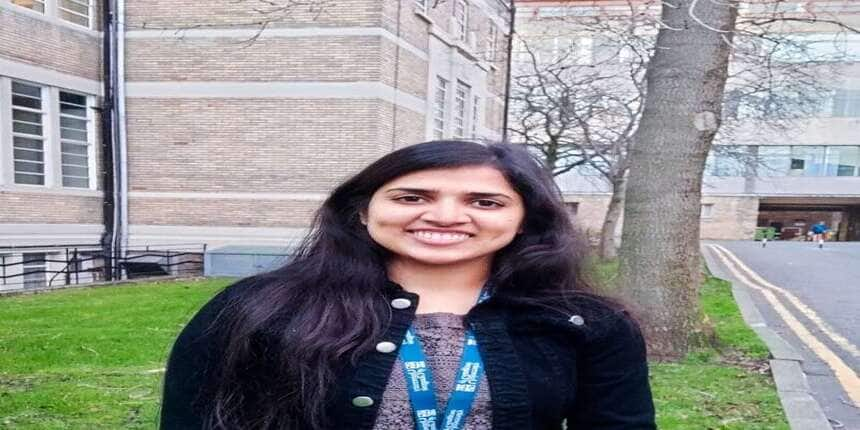Hyderabad University, TIFR to develop electrode materials for sodium-ion batteries
Alivia Mukherjee | November 13, 2023 | 03:06 PM IST | 1 min read
UoH has developed Tin antimony alloy based reduced graphene oxide composite for fast charging sodium-ion batteries.

NEW DELHI: The laboratory in the centre for advanced studies and electronics science and technology, school of physics at University of Hyderabad (UoH), is focused on developing electrode materials for sodium-ion batteries. They created a reduced graphene oxide composite based on tin antimony alloy for quick charging sodium-ion batteries. Arya Sohan, a PhD scholar and the principal investigator Pratap Kollu, a faculty member of the Centre for Advanced Studies in Electronics Science and Technology (CASEST), school of physics at the university conducted the research.
This research was entirely funded by a project grant from the Institute of Eminence at the Hyderabad University.
Also read | NMC warns medical colleges against fake recognition letters
The use of sodium-ion batteries is gaining popularity in the energy storage and electric mobility sectors. These power sources provide increased energy efficiency, quick charging, resistance to severe temperatures, and protection against overheating or thermal runaway problems. These batteries are less hazardous than other frequently used batteries since they do not rely on lithium, cobalt, copper, or nickel, which have the potential to generate environmentally hazardous gasses in the case of a fire. Furthermore, they are very adaptable across a wide range of applications.
Furthermore, sodium-ion batteries have a high resilience to high temperatures and humidity, which adds to their appeal. One notable disadvantage of sodium batteries is their energy density, which refers to the amount of energy stored in relation to the volume of the battery. In comparison to lithium-ion batteries, the density of sodium batteries remains relatively low, ranging from 140 Wh/Kg to 160 Wh/kg.
Follow us for the latest education news on colleges and universities, admission, courses, exams, research, education policies, study abroad and more..
To get in touch, write to us at news@careers360.com.